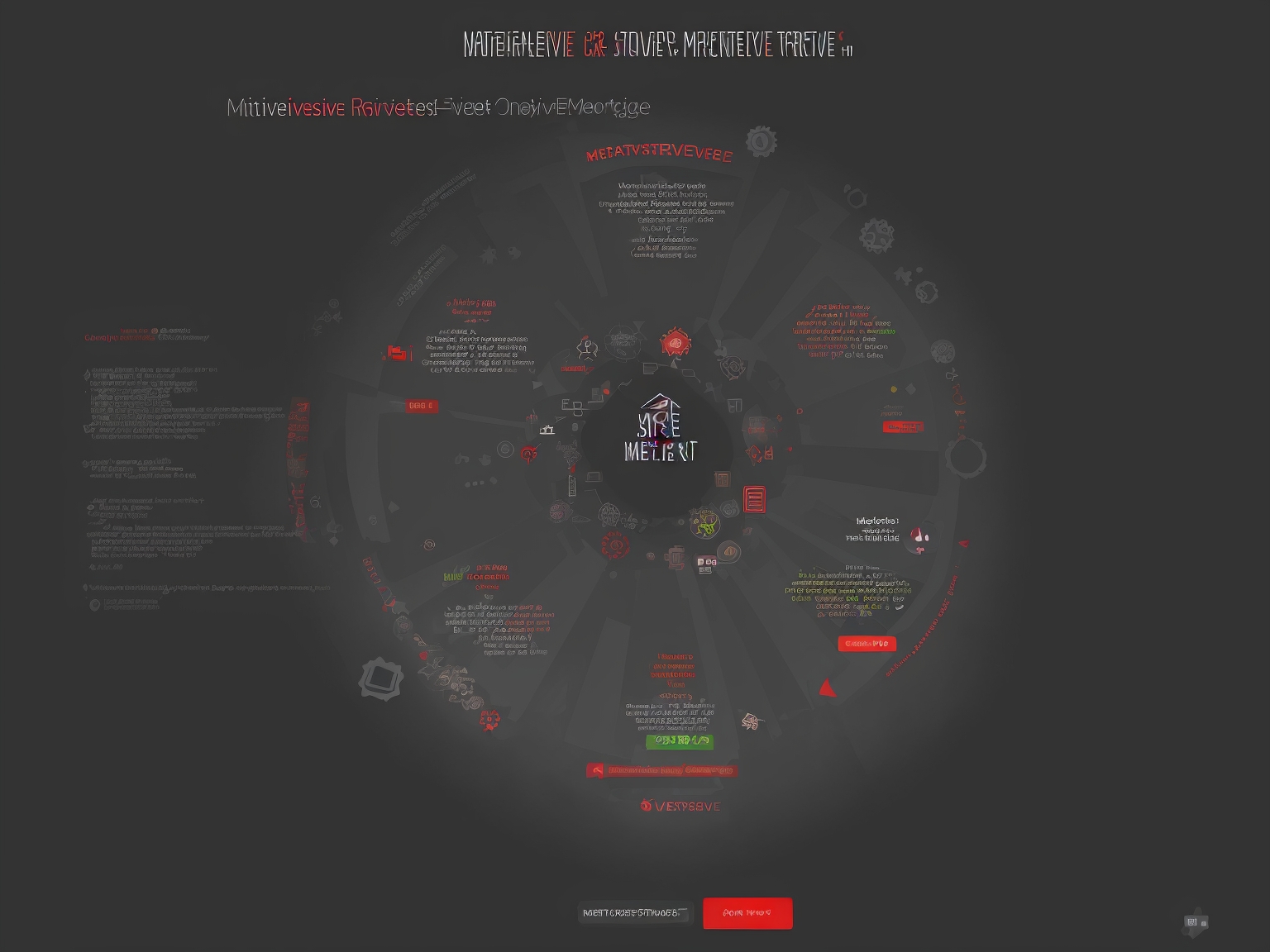Title: Unveiling Metaverse Marketing Strategies: Navigating the Future of Digital Engagement
Introduction
Welcome to a new era of digital marketing! Today we delve into the fascinating world of Metaverse marketing strategies. This cutting-edge trend is revolutionizing the way brands engage with their audience, offering unprecedented opportunities for immersive and interactive experiences. So buckle up and let’s explore this futuristic landscape together!
**What is the Metaverse?**
Before we dive into the marketing strategies, let’s clarify what we mean by ‘Metaverse’. Simply put, the Metaverse is a collective virtual shared space, encompassing persistent, synchronized data that can be accessed by multiple users concurrently. It represents an evolution of the internet, offering 3D virtual worlds where users can interact in real-time.
**Why Metaverse Marketing Matters**
1. Immersive Brand Experiences: The Metaverse allows brands to create immersive and interactive experiences that resonate deeply with consumers, fostering emotional connections and brand loyalty.
2. Dynamic User Engagement: Interacting in a 3D space enables users to engage dynamically with the brand, creating endless possibilities for user-generated content and community building.
3. Future-Proof Marketing Strategy: By embracing Metaverse marketing, brands position themselves as innovative thought leaders, ready to adapt to the ever-evolving digital landscape.
**Getting Started with Metaverse Marketing Strategies**
1. Define Your Metaverse Presence: Decide on your brand’s presence in the Metaverse – is it a virtual storefront, a 3D experience, or a fully-immersive world?
2. Choose the Right Platform: Select the platform that best suits your needs – from Facebook’s Horizon to Decentraland and The Sandbox.
3. Collaborate with Creators: Partner with talented creators and developers to bring your vision to life within the Metaverse.
4. Develop an Engaging Experience: Craft an immersive, interactive, and enjoyable experience that invites users to engage with your brand in the Metaverse.
5. Foster a Community: Encourage users to build relationships within your Metaverse presence, fostering a strong sense of community around your brand.
**Metaverse Marketing Strategies FAQs**
1. **What is the ROI of Metaverse marketing?** While it’s challenging to quantify immediate returns, the benefits of building a strong digital presence and fostering long-term relationships with users far outweigh any upfront costs.
2. **How can I measure success in the Metaverse?** Key performance indicators (KPIs) for Metaverse marketing might include user engagement metrics, such as time spent in your virtual space, number of interactions, and community growth rates.
3. **What technologies are essential for Metaverse marketing?** To create engaging experiences, brands should invest in high-quality 3D graphics, virtual reality (VR) technology, and augmented reality (AR) tools.
4. **Is the Metaverse accessible on mobile devices?** While some platforms offer limited mobile access, a dedicated PC or VR headset provides the most immersive experience.
5. **How can I ensure my brand is safe in the Metaverse?** Implement security measures such as encrypted data storage and user verification processes to protect your brand and users’ information.
**Conclusion: Embracing the Future of Digital Marketing**
The Metaverse presents exciting opportunities for brands seeking innovative ways to engage with their audience. By crafting immersive, interactive experiences within this virtual world, businesses can build strong connections with consumers, foster dynamic user engagement, and stay ahead in the ever-evolving digital landscape. The road may be uncertain, but the rewards of embracing the Metaverse are boundless!
Stay tuned for more insights as we continue to explore the fascinating world of Metaverse marketing strategies. Until next time, keep innovating and staying ahead!









